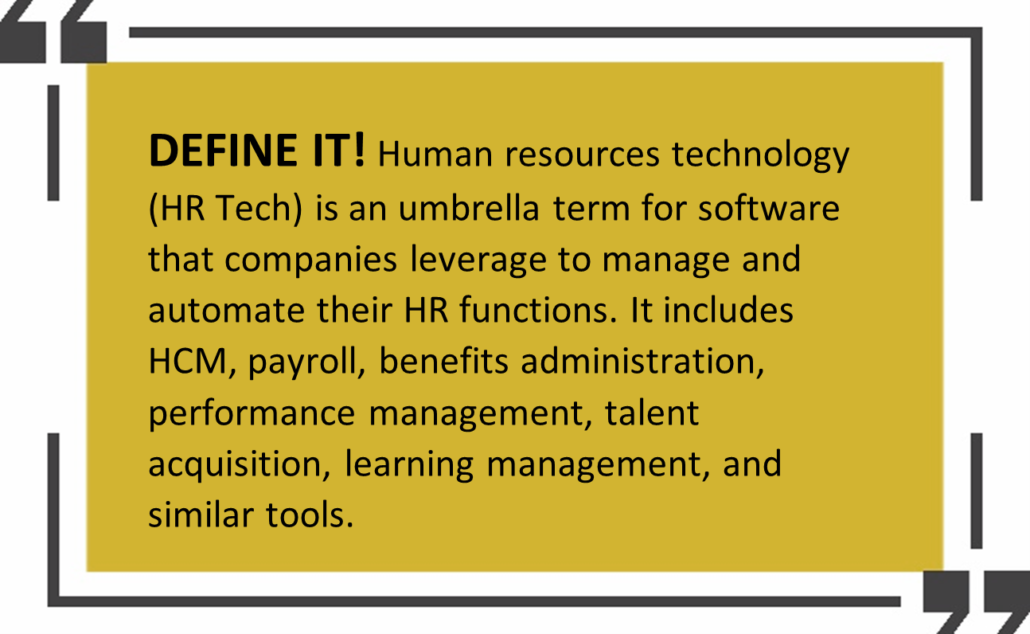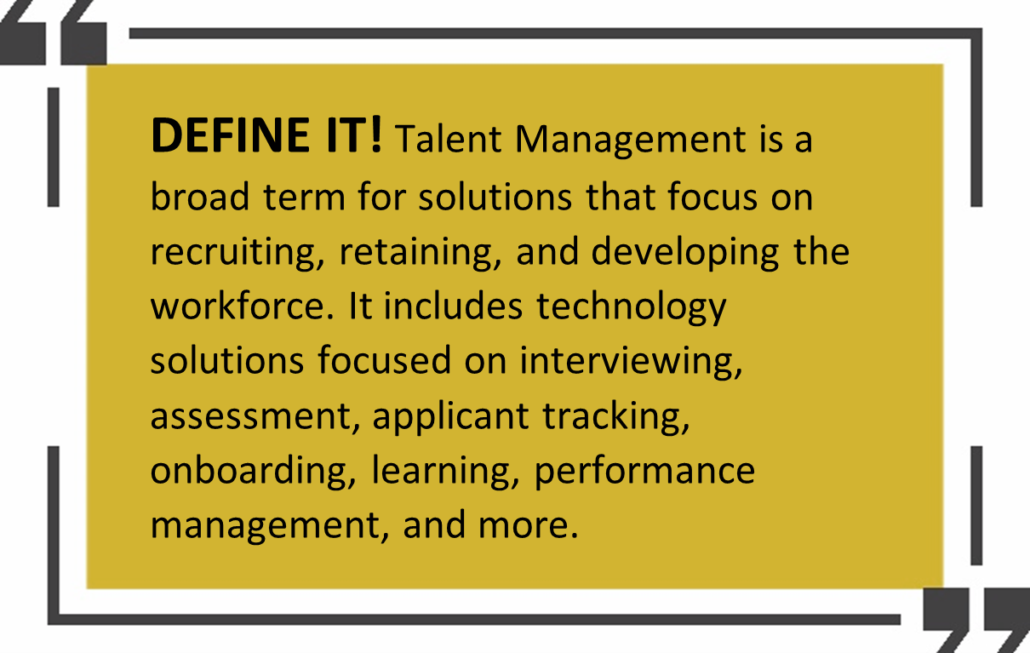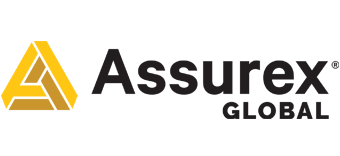2022 HR Tech Conference Recap & Insights

Can technology address the abundant workforce challenges that have sprung up over the last few years? Is it a key ingredient to the future of work and becoming (or remaining) an employer of choice? My experiences at this year’s HR Technology Conference would lead me to answer both questions with an emphatic “yes!”
The annual HR Technology Conference is the biggest event of its kind. Hundreds of vendors showcase their solutions, and dozens of thought leaders share their expertise. The 10,000+ attendees include HR leaders, consultants, practitioners, and other experts or buyers in the industry there to learn, collaborate, and have fun along the way. My key highlights, and insights from Assurex Global Partners in attendance, are below.
Employee Experience

- While the term “HR technology” may imply solutions built for human resources, today’s HR tech is an employee tool first and an HR tool second. This swing was noticeably accelerated due to the pandemic and subsequent workforce shifts. Employers must change their approach, put their people first, and humanize work.
- Virtually every vendor incorporated Employee Experience into their signage and demonstrated a people-first approach. Employee Experience is now more than just a tagline or a result of good HR tech solutions – Employee Experience Platforms (EXPs) are a new category of HR tech. I saw EXP solutions from large enterprise solution providers like Service Now and Oracle, and new point solutions like Spotlyfe (winner of the annual “Pitchfest” competition). This will be an interesting category to watch.
Talent Management

- With the focus on the employee (or future employee), talent management solutions reigned supreme. I’d say well over half of the vendors fit into this category.

- “Talent Marketplace” will replace “Talent Management,” according to industry juggernaut Josh Bersin, Founder & CEO of The Josh Bersin Company and Josh Bersin Academy. As a keynote speaker, Josh referred to these marketplaces as a combination of career management, social networking, and recruiting system all in one. He called out Gloat and Fuel50 as pioneers in this space.
- Talent is complex, and many solutions promise to solve the war for talent. I noticed a trend in these specific subsets:
- Talent acquisition and recruiting are dominating the HR tech space right now. Hiring the right people at the right time is more important than ever, and companies must improve.
- Bersin shared that the ROI of a high-performing talent acquisition function is a notable 5X higher than any other HR function. And while there is a ton of tech in this space, he called out that the most important role is the recruiter – it’s still a human-centered function. Whatever technology a company buys must work for their recruiter(s), and it is not a replacement for a recruiter.
- Employers are laser-focused on improving their recruiting efforts: recruiting tops the charts for HR technology spending plans across all size organizations, according to Stacey Harris, Chief Research Officer with Sapient Insights.
- Artificial intelligence (AI) is prevalent, helping companies identify pay inequities, remove biases from the hiring process, and even analyze interviewers. Eightfold.ai is often referenced as a leader in this area.
- Talent intelligence and skills were big focuses and well represented topics as employers look to support, reskill, and provide career mobility for existing workforces.
- There is a significant shift in focus to skills versus specific education and experience criteria. This will transform how companies recruit, retain, and engage talent.
- Kaitlyn Akins, Benefits Technology Manager at Assurex Global Partner Bolton (IMA Financial Group), shares her takeaways: “There was a lot of excitement regarding software that can analyze the different skills needed within a company. This is anticipated to be a huge deal considering the tight labor economy. When done right, good talent intelligence can help:
- Retain: existing employees by identifying what is “top of job” (i.e., the work that only they can do).
- Recruit: new talent by identifying peripheral career pathways.
- Reskill: by upskilling employees within the workforce and/or other talent pipelines to perform the needed work.
- Redesign: the job so that skills that others could do are moved.”
- Talent acquisition and recruiting are dominating the HR tech space right now. Hiring the right people at the right time is more important than ever, and companies must improve.
Business Transformation, Not Tech Implementation

- Retain: existing employees by identifying what is “top of job” (i.e., the work that only they can do).
- Recruit: new talent by identifying peripheral career pathways.
- Reskill: by upskilling employees within the workforce and/or other talent pipelines to perform the needed work.
- Redesign: the job so that skills that others could do are moved.”
- While there are endless innovative and transformative technology solutions, many thought leaders said HR and business leaders must look at any new technology procurement as a business transformation, rather than technology implementation.
- A highlight was a workshop co-hosted by Sapient Insights Group and UKG, “How to Build an Adaptable HR Systems Strategy: A Workshop Focused on Outcomes.” This session focused on the need for employers to have an HR Systems Strategy based on prioritized business outcomes and following an established corporate and data governance strategy.
- Attendee Robin Ryan, Client Technology Services Manager at Assurex Global Partner firm Woodruff Sawyer, was enthusiastic about the new format and the workshop: “Every year, I leave HR Tech so excited about what I’ve seen and learned, only to see our clients struggle with technology that underdelivers its promises. The focus on the pre-work and ongoing maintenance required to ensure HR technology purchases meet buyer expectations – and allows HR to show strategic value in reference to specific business outcomes – gave me actionable insights that I can use with our clients immediately.”
- Akins added her thoughts: “Good tech doesn’t replace bad processes: It doesn’t matter what new app or software you buy. If your processes are old, redundant, or ineffective, your tech will be the same. There was a lot of talk about business transformation, the idea that any change in tech is fundamentally a change in how we do what we do. That conversation must first occur before any software change is made.”
The role of HR leaders has never been more vital. They have an unprecedented opportunity to bring their workforce into the future. During his closing keynote, Jason Averbook, CEO and founder of Leapgen, said, “when we think about transformation, one of the things that’s so important is we are all transformation agents, whether we like it or not.”
Contact your Assurex Global advisor if you’d like to discuss your company’s HR technology strategy.
Written By: Jenny Bedeaux VP, Employee Benefits



Leave a Reply
Want to join the discussion?Feel free to contribute!